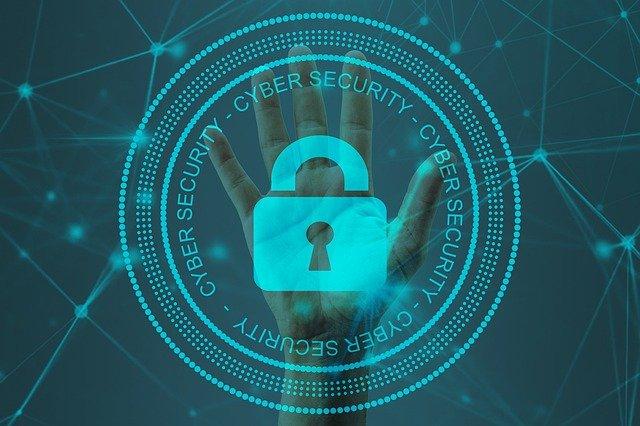4 Big Cybersecurity Threats to Protect Yourself from Today

The threat of a hacker attack is nothing new, as cybercriminals have been targeting businesses, government organizations, and individuals alike for years now.
However, those with nefarious intentions online are continually looking for new and more advanced strategies to break into and crash systems and steal data.
The responsibility falls on all of us, then, to do what we can to protect ourselves from cybersecurity threats. Part of this involves understanding the most common and developing threats. Here are four to educate yourself on today.
Antivirus is Not Enough
Years ago, we could get away with having basic antivirus software on our computers to keep hackers at bay. Now, this is simply not enough as cybercriminals keep coming up with new ways of breaking in, and they blast networks with multiple attacks at once. Their strategies are more complex and sophisticated than ever, and most basic antivirus programs aren’t enough to ward them off.
Millions of people use free antivirus solutions on the market, but they’re less and less effective. If you want to keep your data safe, upgrade to a more comprehensive security suite that protects against a myriad of threats. Purchase a product that covers against ransomware, malware, spyware, spam, viruses, etc., and that sends you real-time alerts at signs of an attempted hack.
Phishing is On the Rise
Phishing is a hacker technique that has grown exponentially in recent years. Cybercriminals use detailed impersonation skills to send emails pretending to be from a real, trusted person or company, such as a bank or telecommunications firm. This email delivers malware to the system, though, or is used as a means of getting people to reveal personal information.
Hackers also use advanced engineering strategies to make their phishing campaigns a success. For example, they invest in human interactions and manipulations across numerous steps to gain trust and data that they use against victims. The phishing content is more likely to attract the interest of targets as it’s more relevant to them and seems more of a “known quantity.”
To avoid getting stung by phishing, use quality security software, don’t open emails or attachments from anyone you don’t know, and always read messages carefully to ensure they’re actually from the people or organizations you think they are.
Hacker-generated emails tend to have not-quite-right language and logo colors, and email addresses that aren’t from the real firm’s domain name. They also ask for information that’s more personal and unusual to request over email.
Hackers Focus on the Internet of Things
The Internet of Things (IoT) has become so huge now, with millions of connected devices worldwide, that it has drawn the focus of cybercriminals.
Smart gadgets are at risk of an attack because many people don’t take the steps necessary to protect their gear properly and often don’t even realize they need to.
Many consumers don’t change the default usernames and passwords on products when they get them home, which hackers take advantage of. Also, IoT devices use the internet to operate.
When people don’t password-protect their Wi-Fi, cybercriminals have an easier time breaking into networks and products from there. Plus, once they’re into one IoT gadget, they can often make their way into other devices, including computers and tablets.
To protect smart products, put strong passwords on your modem, computer, smartphone, etc., and change the manufacturer settings on devices ASAP.
Always update software as new versions become available, too, so that hackers can’t use security gaps in older programs to break in.
Smaller Hacks Used to Target Bigger Victims
In years past, individual consumers thought they didn’t have to worry too much about cyber criminals because they focused on big, “meaty” targets, such as governments and corporations. Today, every person has to be security conscious because hackers often go after smaller scores to use them to attack larger victims.
Many organizations have had their customer or financial data compromised because cybercriminals worked out how to attack their connected partners, subcontractors, employees, etc.
Many consumers use the same passwords across all their logins, so if a hacker learns a code in one area, they can use this detail to attempt to break into other spaces, including large business accounts. 
Keep yourself out of hacker crosshairs by using different passwords in different areas (a password manager can help with this) and update codes every few months.
We’re all at risk of cybercriminal attacks these days, so be aware of the techniques they use and be smart in your online usage. Taking a few simple yet effective steps can make all the difference.





